Top Class Actions’s website and social media posts use affiliate links. If you make a purchase using such links, we may receive a commission, but it will not result in any additional charges to you. Please review our Affiliate Link Disclosure for more information.
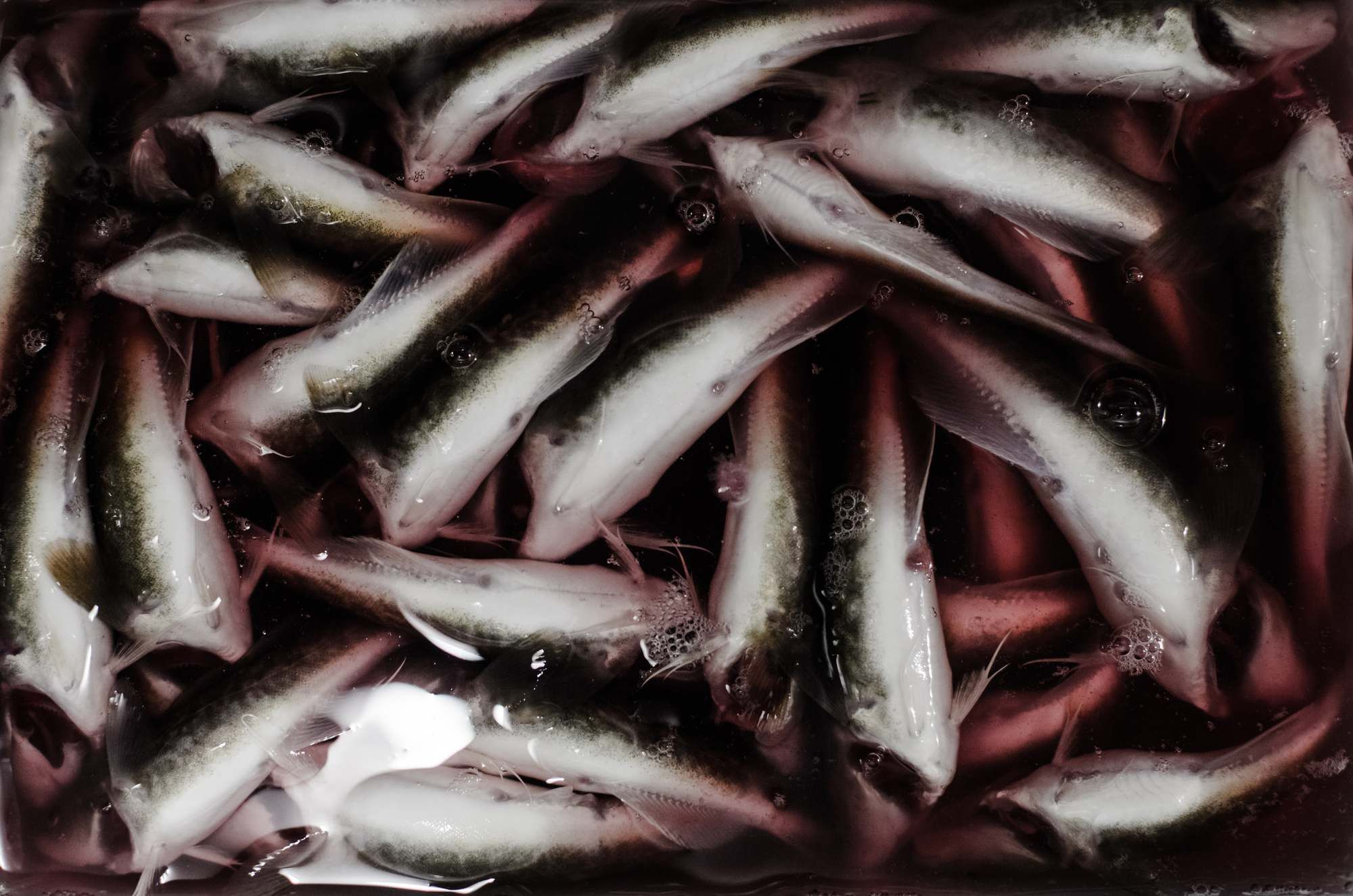
The Canadian government is cracking down on mislabeled seafood products, after a recent investigation revealed about 8 in 100 fish products were inaccurately marketed.
The Canadian Food Inspection Agency (CFIA) said Wednesday it was taking action to make sure Canadians could be confident the fish they buy is accurately represented.
“Fish species substitution occurs when one type of fish is represented as another species, usually of higher value, for financial gain.”
Fish fraud is happening in Canada and all over the world, the agency said.
“This is a type of food fraud where consumers are deceived about the value of fish they purchase. It creates an unfair market for those selling truthfully represented fish products.”
In a 2019/20 surveillance of fish substitutions, the CFIA said it took 362 fish samples from across Canada and tested them in a lab. If the fish DNA was the same as it was labeled, it was satisfactory. If the fish was not the same as represented on the label, it was unsatisfactory.
The agency found 8% of the fish it tested was not the same type as it said on the label.
“CFIA took appropriate actions on all unsatisfactory results. This included enforcement actions, such as letters of non-compliance, product seizure and detention, relabelling to bring the product into compliance, and product disposal.”
The report focused on commonly misrepresented fish types of butterfish, cod, halibut, kingfish, sea bass, snapper, sole, tuna and yellowtail.
The agency said it is up to manufacturers and retailers to provide customers with the right information, so they know what they’re eating. Under Canada’s Safe Food for Canadians Regulations, the government requires the products to be traceable.
“The ability to track food through the supply chain can significantly speed up the removal of unsafe or misrepresented food from the market and better protect Canadians,” CIFA said, according to Newswire.
The government said it is currently working with stakeholders to identify ways to develop a boat-to-plate traceability program for fish products in Canada.
The Canadian government has invested $24.4 million over 5 years to the CFIA to tackle food fraud in order to protect customers and protect companies from unfair market competition, according to Newswire.
Seafood is big business for Canada. In 2016, it exported $6.6 billion in fish and seafood , with the products among Canada’s largest food exports, according to the Government of Canada website.
In 2015, the aquaculture industry generated over $1 billion in GDP, generating close to $3 billion in total economic activity, according to the government.
“Canada is known for our world-class fish and seafood products,” Minister of Fisheries, Oceans and the Canadian Coast Guard Bernadette Jordan said. “The continued success of this sector depends on fair market practices and the utmost transparency of production.”
Do you trust the seafood you buy to be properly labeled? Let us know in the comments!
Read More Lawsuit & Settlement News:
Dell Canada Customers Private Data Exposed to Fraud in Recent Breach
Gospel for Asia Charity Accused of $100M Donor Fraud in Class Action Lawsuit
Do You Qualify: Zantac and Ranitidine Drug Recall Lawsuit
Do You Qualify: Dell Computers Tech Support Data Breach Lawsuit Investigation
ATTORNEY ADVERTISING
Top Class Actions is a Proud Member of the American Bar Association
LEGAL INFORMATION IS NOT LEGAL ADVICE
Top Class Actions Legal Statement
©2008 – 2024 Top Class Actions® LLC
Various Trademarks held by their respective owners
This website is not intended for viewing or usage by European Union citizens.



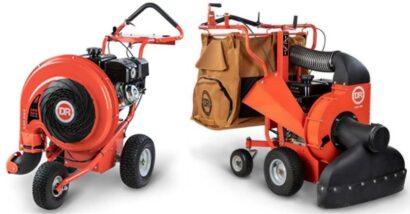


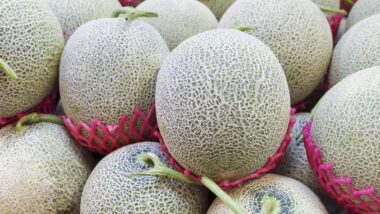




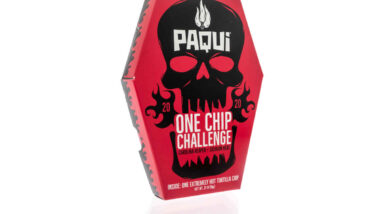
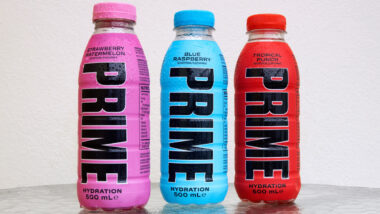


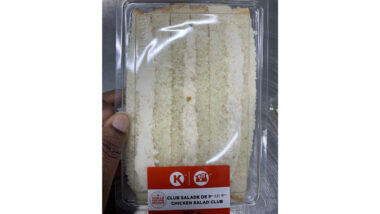

One thought on Government Vows to Fight ‘Fish Fraud,’ the Mislabeled Fish Product Problem
Please add me